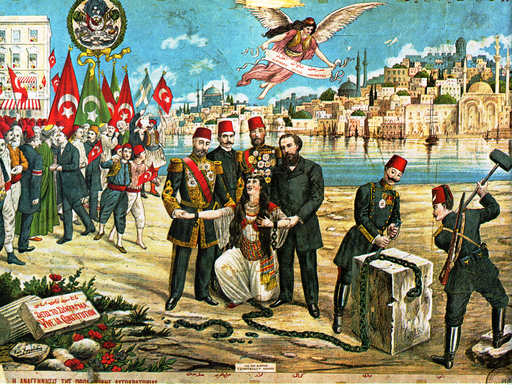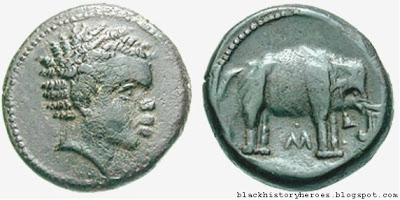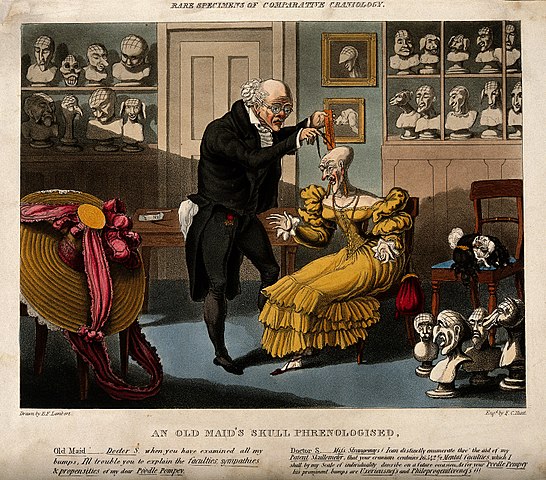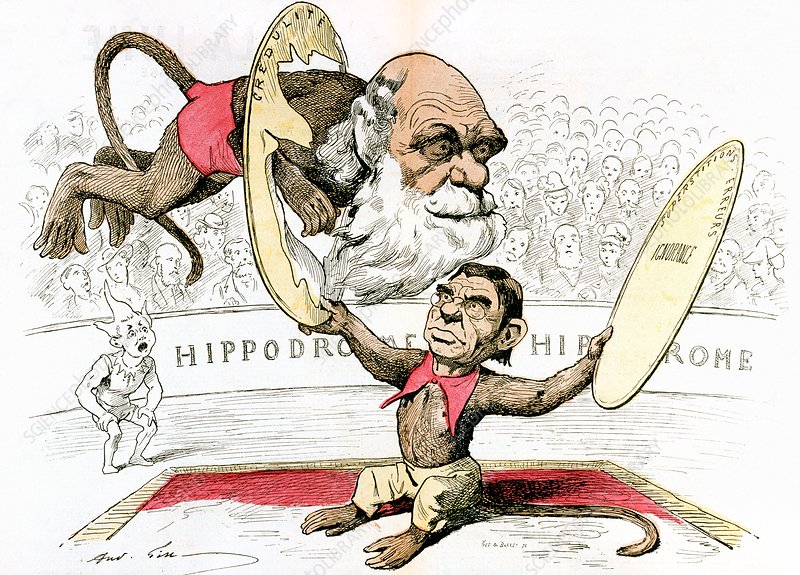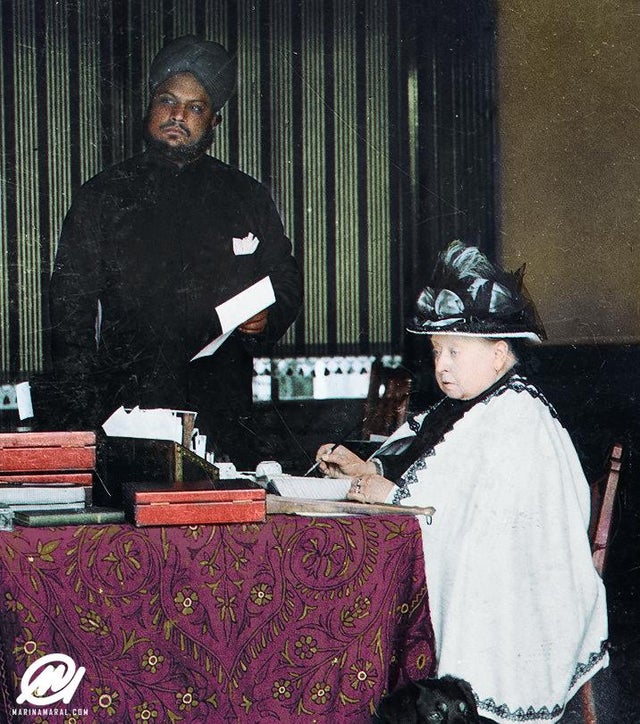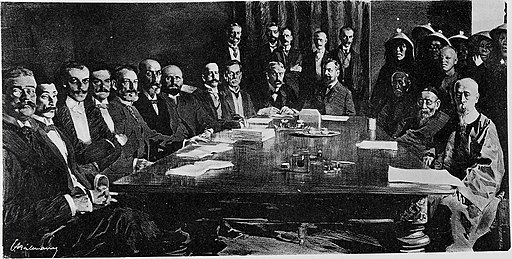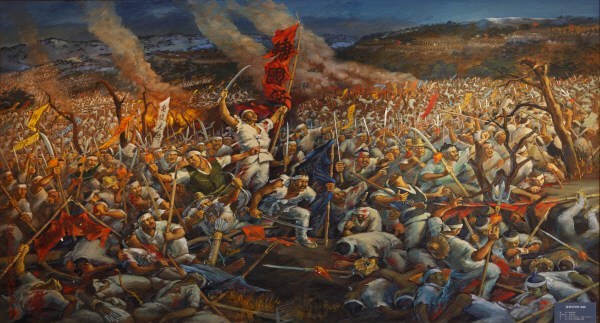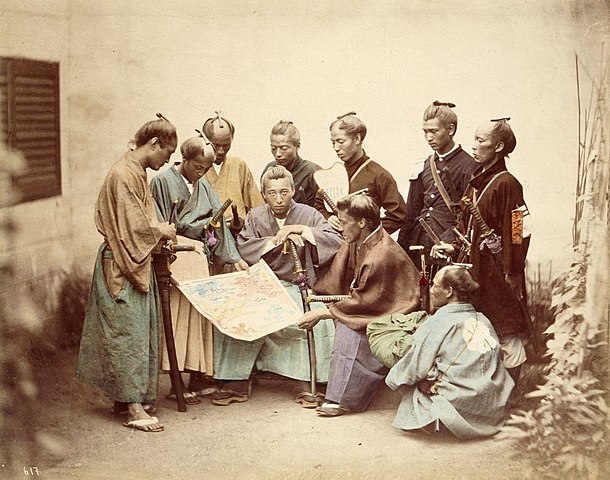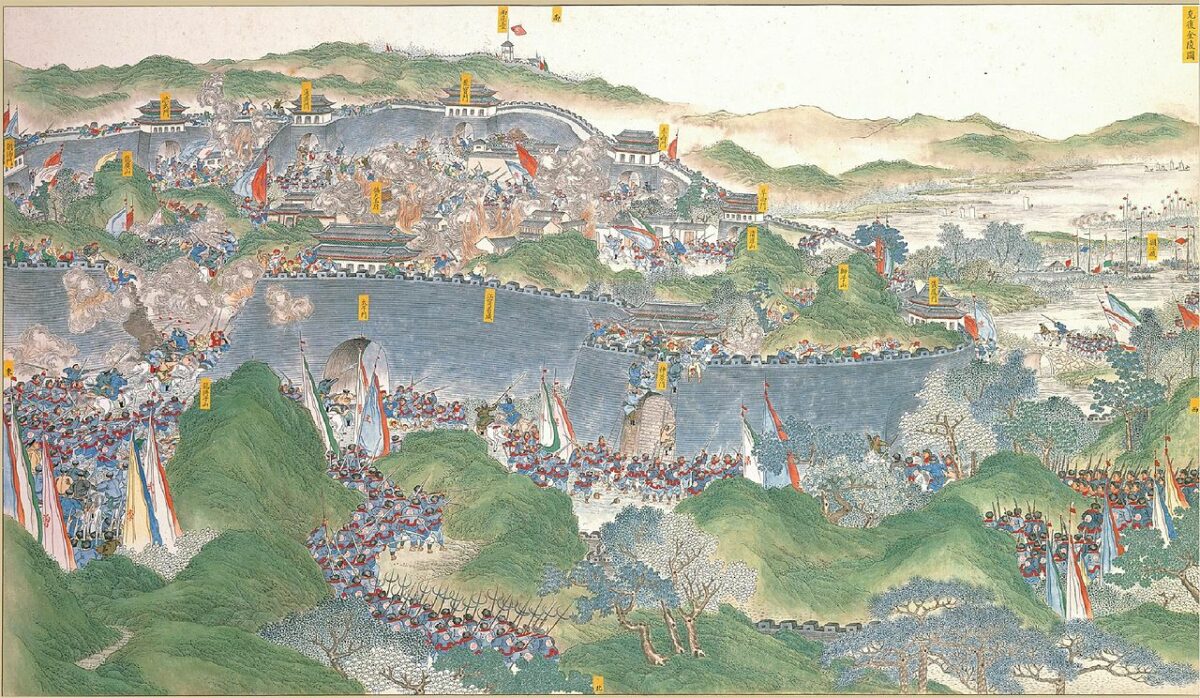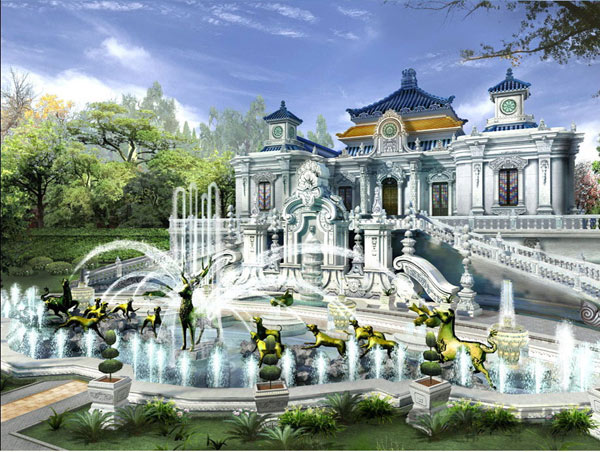For however long the construct of “Modern Western Civilization” has existed, its Eastern foil has been the Ottoman Empire. And for as long as we’ve been taught the glories of the West, we’ve been taught about Ottoman “decline”. We talk about the Ottoman Empire, show that the history is a little bit more complicated than a story of “decline”, and focus on the elite’s struggles to reform and modernize in the face of the growing ambitions of Western imperialists.
Tag: Civilizations Series
Civilizations 33c: How Racists rewrote History and Literature
Justin reads the Afrocentrists and makes a pitch; David hangs on to the universalist perspective, as we talk about all the racist rewriting of history, the famous racist literature of imperialism, and the stunningly racist statements by public figures of the 19th century, from Kipling to Roosevelt and more.
Civilizations 33b: Scientific Racism
The old saying goes that Science ain’t an exact science, and nowhere is that more true than with the Scientific Racism of the 19th century. From its predecessors in the 18th century, we get into the unholy trinity of Pearson, Galton, and Fisher. We talk about craniometry, phrenology, IQ testing, “race development” (now called International Relations), and racism in all your favorite fields, from criminology to anthropology, to political science and economics, to sociology and statistical science itself. We talk about the history, so you can ponder the question: has science moved past all this racist baggage?
Civilizations 33a: Darwin and 19th century scientific advances
Charles Darwin’s book On the Origin of Species was read by Lord Elgin before he burned down the palace in Beijing and by Marx, who was so excited he asked Darwin if he could dedicate a volume of Capital to him (Darwin politely declined, not wanting to offend religious sentiment). We talk Darwin and the debates he spawned, physics, Freud, and about the scientific advances and missteps of the late 19th century. Part 1 of a series on Science, Scientific Racism, and Racism in the 19th century.
Civilizations 32: Still a bit Victorian, aren’t we?
Racism, imperialism, repression of sexuality, hypocrisy, pugilism, world fairs, parades, animals on display, worship of a royal family… we look at the Victorian era and the Queen herself. Good thing we’ve come so far since those days… right?
Civilizations 31: The first anti-imperialist uprising of the 20th century: Yi Ho Tuan, or Boxer Rebellion of 1900
By pure coincidence, we are publishing this episode on the day the world contrasted the the Alaska Summit – a US-China meeting in March 2021, in which China told the US to stop posturing, to the humiliations of the Boxer Protocol of 1901. In this episode, we talk about the terrible famines of 1876 and 1896 in China and India that killed tens of millions of people, the context of the Boxer Uprising of lightly armed but tenacious anti-imperialists, and the further humiliations inflicted on China by the imperialists at the nadir of China’s century of humiliation.
Civilizations 30: Korea’s Dilemmas from Donghak Uprising to Sino-Japanese War 1894
By the 1860s it was Korea’s turn to face the dilemma of how to deal with the imperialists. Qing China and Meiji Japan had a lot to say about what they thought Korea should do. We talk about the attempts to reform, Donghak Uprising in Korea, and the Sino-Japanese War of 1894-5.
Civilizations 29: Japan joins the imperialists, 1853
India had Plassey in 1757, China had Opium War 1 in 1839, and Japan had Commodore Perry’s visit in 1853. After centuries of keeping the imperialists at bay, Japan found them knocking down the gates. And in a series of events studied by everyone in Asia but never imitated, Japan went from having a brief colonial encounter to joining the imperialists within a few decades. We don’t know if anyone can tell you why it happened, but we can tell you what happened, on this episode of Civilizations.
Civilizations 28c: Taiping Rebellion pt3 – the fall of the rebels
Having burned the palace of the ruling Qing dynasty, the imperialists decided to take their side and help them defeat the Taiping. As Zeng Guofan’s encirclement strategy takes hold, the imperialists are running the Ever Victorious Army with figures like Garnet Wolesley (who fought Louis Riel in Canada) and Charles Gordon (who we’ll meet again in the Scramble for Africa). It ends with the fall of Nanjing, terrible massacres, and an accounting of the death toll and what was left of China at the end of the worst civil war in history.
Civilizations 28b: Opium War 2, 1856-1860
In the midst of the most destructive war in China’s history, the imperialists decided it was time to sack and burn China a second time. In this episode, on the Second Opium War, we talk about the deepening imperialism, get you into the bizarre imperialist mind of Lord Elgin as he rationalizes the burning of the palace in Beijing, show you again how Marx was well ahead of his contemporaries writing about the Peiho stitchup, and talk about the strategies of Ye Mingchen and of Prince Seng.

